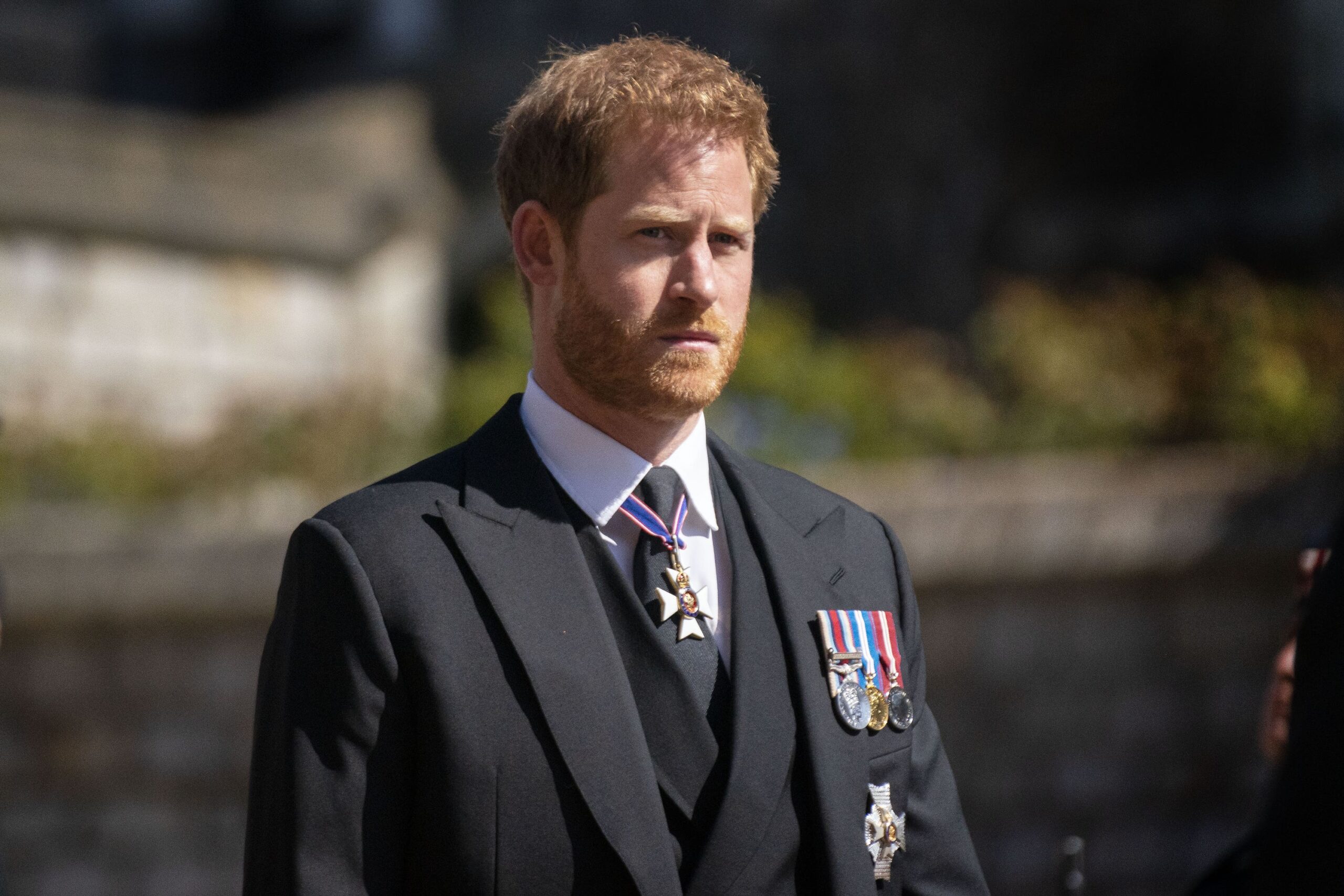The Duke of Sussex has opened up about his relationship with alcohol.
In Apple TV’s The Me You Can’t See, Prince Harry said the trauma of his mother’s death in 1997 led him to use alcohol and drugs to “mask” his emotions.
The 36-year-old is co-hosting the new show with Oprah Winfrey, and discusses his experiences with anxiety and panic attacks.
He said: “I was willing to drink, I was willing to take drugs, I was willing to try and do the things that made me feel less like I was feeling,” admitting he would drink a week’s worth of alcohol on a Friday or Saturday night “not because I was enjoying it but because I was trying to mask something”.
According to Alcohol Change, 24% of adults in England and Scotland regularly drink more than guidelines suggest, and 27% binge drink on their heaviest drinking days (over eight units for men, and six for women).
The charity says alcohol misuse is the biggest risk factor for death, ill health and disability among 15-49 year-olds in the UK alone.
Chief executive of Drinkaware Elaine Hindal says: “There’s such a stigma [around alcohol misuse] and so I’m so glad that Harry has come out and said what he’s said; it’s incredible.”
Hindal says it’s important to note the UK Chief Medical Officer’s guidelines for alcohol, which state: “You are safest not to drink regularly more than 14 units per week, to keep health risks from drinking alcohol to a low level.” And if you are drinking that much, to spread this “evenly over three days or more”.
These are some of the key signs that may suggest it’s time you re-evaluate your relationship with alcohol…
You’re drinking more than you used to
Drinking every day, “and drinking earlier in the day than you would normally,” is something to watch out for, says Hindal.
She recommends taking Drinkaware’s self-assessment tool to see where you’re at, and asks: “Do you have to have a drink in the morning, just to face the day?”
Another aspect is secrecy. Hindal says a big flag is “not feeling you can be truthful to friends, family and loved ones about your drinking” – perhaps pouring wine into a mug, so you look like you’re drinking coffee instead.
You use alcohol to get through social activities
Hypno-psychotherapist Andrew Pearson says one sign to be aware of “is feeling, ‘I can’t be truly myself unless I’ve had a few drinks’.” This could involve having a drink before or during social events to “soothe my nerves”.
He adds: “People using it as a crutch for social anxiety [can] say, ‘I can’t go out and talk to people and be myself unless I’ve had a couple of drinks. I feel awkward, I sit there not saying anything – so I’m not myself unless I’ve had a drink’.”
You’re always thinking about alcohol
Pearson says a lot of people “hide” the true nature of their drinking even from themselves. He suggests considering how much you think about alcohol.
If you have a problem, your thoughts might be “dominated by alcohol”, he says. “So that means always checking supplies, always having plenty in, planning your life around alcohol.”
You use alcohol as an emotional crutch
“A lot of people who are carrying internalised pain, such as someone who might be grieving a parent who they lost at a young age in tragic circumstances, like Harry, could then be using [alcohol] as medication,” explains Pearson.
“You could say the alcohol is an anaesthetic and an amnesiac – so it is both diluting and soothing that inner pain, but also making people forget about it because when they’re a bit drunk, they’re not really thinking so much about their pain.”
You think you ‘deserve’ a drink
Pearson warns against getting into the mindset that you ‘need’ or ‘deserve’ a drink. He says people can think to themselves, “I work really hard, and at the end of the day I need something to compensate me for just how much I’ve been doing” – but this could signal a deeper problem.
If you’re worried about your drinking, contact your GP, visit Drinkaware for advice or call Drinkline on 0300 123 1110.
